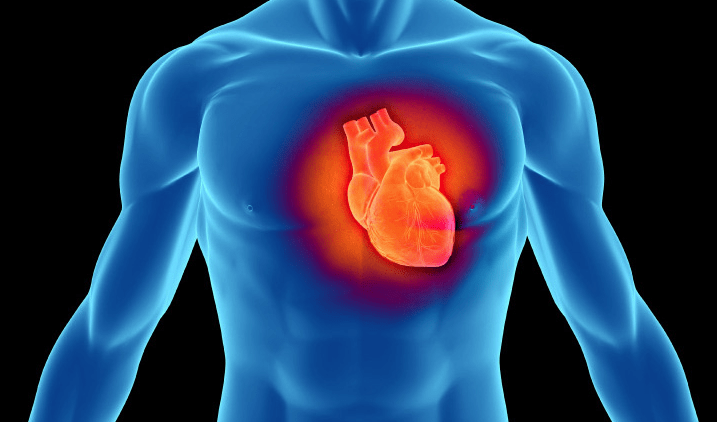Diindolylmethane (DIM) is a phytonutrient whose precursor is indole-3-carbinol (I3C), another phytonutrient found in high levels in cruciferous vegetables, such as cabbage, broccoli, and cauliflower. Both DIM and I3C are sometimes taken by men to help in the management of an enlarged prostate and its associated symptoms, including lower urinary tract symptoms. That’s because I3C and DIM can help in the metabolism of estrogen, and balanced estrogen levels are critical for men for a healthy libido and for protecting prostate tissue from possible development of prostate cancer.
DIM and prostate cancer
Research shows DIM possesses strong anticancer properties, including its ability to interfere with the growth of prostate cancer cells. DIM can improve prostate function and fights inflammation, and so it’s a desirable supplement for men who are looking for how to recover from a prostate biopsy.
A 2016 study, experts explored the impact of DIM used along with enzalutamide in men with castration-resistant prostate cancer. They found evidence that adding DIM to the treatment protocol may lead to a better treatment outcome.
DIM and PIN
A recent study conducted by Russian researchers examined the role of DIM to help reverse high-grade prostatic intraepithelial neoplasia (PIN). For 12 months, 11 men with PIN took 900 mg of DIM daily while 10 took a placebo. At the end of the 12 months, the authors found that the structural changes in the prostate among those who took DIM declined but it increased among those who took placebo. Improvements in regression of PIN and maximal urinary flow rate were also seen in the DIM group but not the placebo group. This was the first study
References
Kim EJ et al. 3,3’-diindolylmethane suppresses 12-O-tetradecanoylphorbol-13-acetate-induced inflammation and tumor promotion in mouse skin via the downregulation of inflammatory mediators. Mol Carcinog 2010 Jul; 49(7): 672-83
Li Y, Sarkar FH. Role of BioResponse 3,3’-diindolylmethane in the treatment of human prostate cancer: clinical experience. Medical Principles and Practice 2016; 25 Suppl 2:11-17
Paltsey M et al. First results of the double-blind randomized placebo=controlled multicenter clinical trial of DIM-based therapy designed as personalized approach to reverse prostatic intraepithelial neoplasia (PIN). EPMA Journal 2016 Apr 2; 7
Zhang WW et al. Multiple therapeutic and preventive effects of 3,3’-diindolylmethane on cancers including prostate cancer and high grade prostatic intraepithelial neoplasia. Journal of Biomedical Research 2014 Sep; 28(5): 339-48







